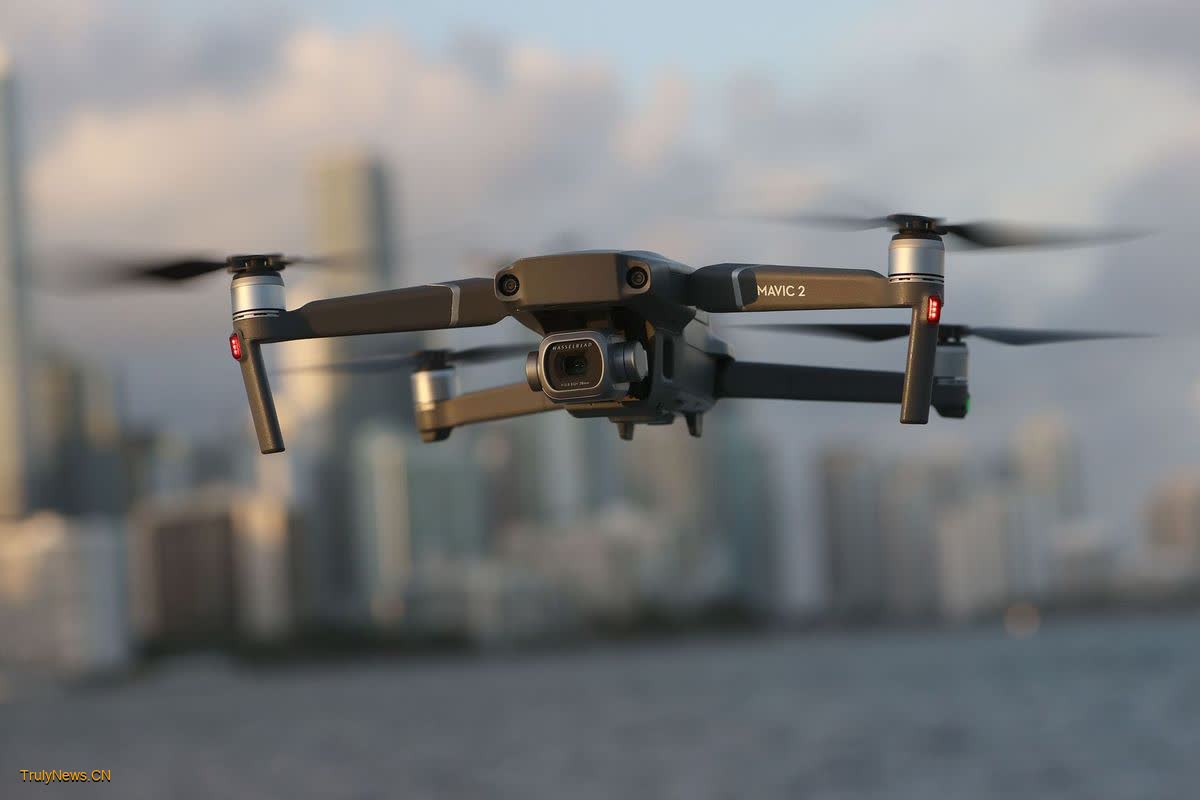
The US Senate Armed Services Committee has released its version of the National Defense Authorization Act, which, unlike the version passed by the House of Representatives last month, does not include a requirement to restrict DJI drones from entering the US market.
The SASC version of the bill passed behind closed doors last month by a vote of 22 to 3. It will go to the full Senate for consideration. If it passes the Senate, it will have to be reconciled with the House version.
Previously, the House version of the bill required DJI to be included in the so-called “control list” of the Federal Communications Commission, preventing the Chinese company’s new equipment or software from obtaining FCC certification, which may also lead to the revocation of its existing FCC authorization.
The US lawmakers’ hesitance over banning DJI drones stems from the fact that the technological level of US-made drones cannot be compared with that of Chinese drones, and it is not easy to find suitable substitutes.
In recent years, the US administration has repeatedly suppressed many Chinese companies, including DJI, on the grounds of protecting “data security” and “national security”. However, judging from the current situation, the US lawmakers seem to have accepted the fact that before the US can find suitable replacements for DJI drones they will have to put aside their unfounded “security” concerns.
Not only are the Chinese drones widely used in US agriculture — four out of every five drones flying over US farms are made by Chinese companies led by DJI — but they are also employed by the US military, law enforcement agencies and emergency personnel. Chinese drones have a 90 percent share of US law enforcement market and 92 percent share of its emergency rescue market. Chinese drones therefore make great contributions to protecting the US’ food and national security, and protect the lives and properties of the US people.
That’s why the US lawmakers face fierce opposition from the Chinese drone customers in the US for their proposal to ban DJI in the country, which, if adopted, would ironically constitute an imminent threat to the US’ security.
But if they continue to allow the use of DJI drones, the US lawmakers will make it clear that their bid to ban DJI drones had nothing to do with “security” concerns, but was a protectionist move to protect US drone companies.